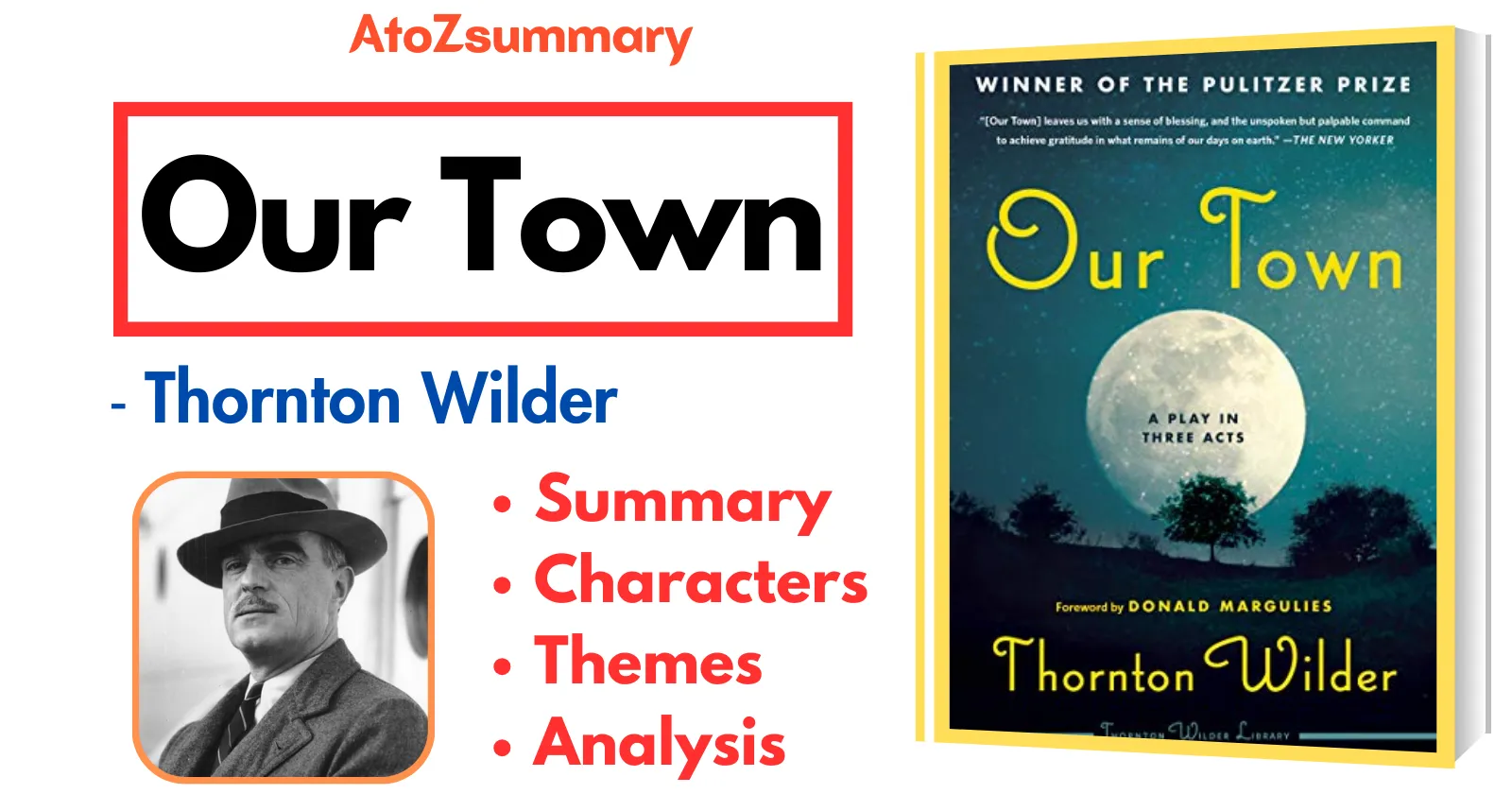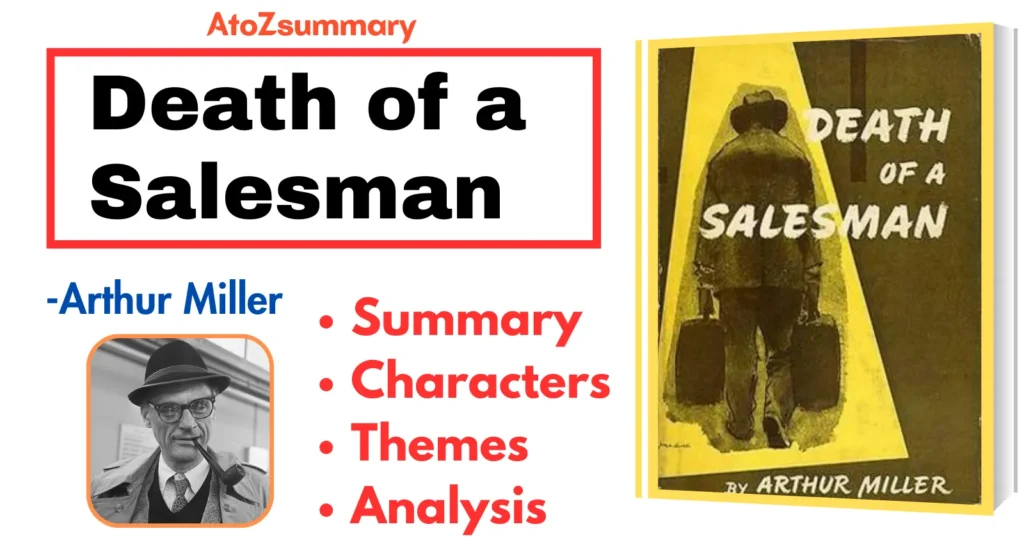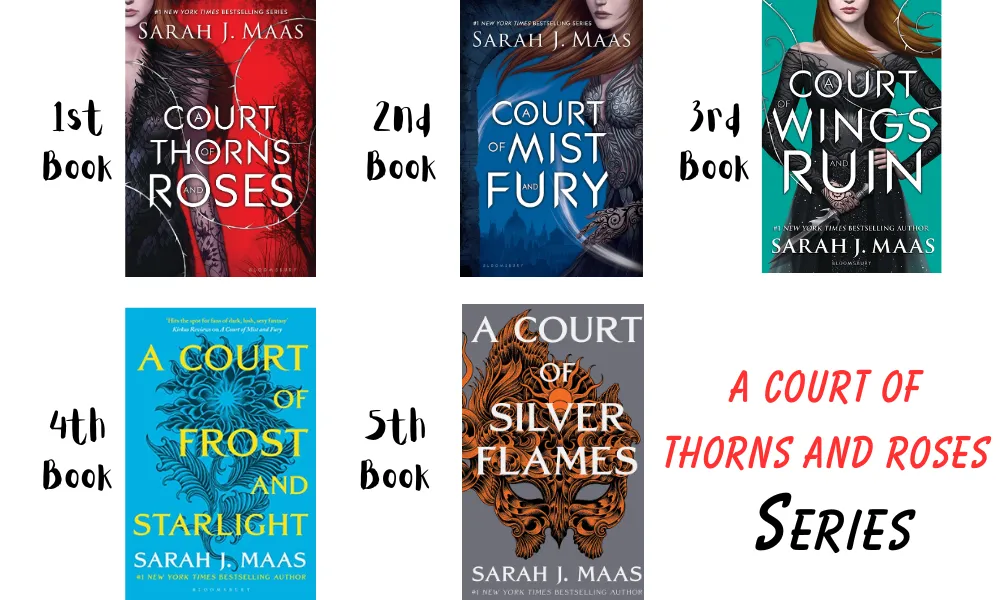About the Play: Our Town
| Title | Our Town |
| Author | Thornton Wilder |
| Genre | Play, Drama |
| Literary Devices | Minimalist stage design, metatheatrical elements, stage manager as narrator |
| Key Conflicts | The struggle to appreciate life’s fleeting moments, the acceptance of death, the complexities of love and relationships |
| Setting | Fictional town of Grover’s Corners, early 20th century |
| Narrative Style | Minimalistic, with a Stage Manager guiding the audience |
| Significance | Reflects on the simplicity and profundity of human life |
Analysis: Our Town
“Our Town” by Thornton Wilder is a classic play that explores the beauty and simplicity of everyday life. Set in the small town of Grover’s Corners, the play follows the lives of ordinary people, focusing on the Gibbs and Webb families.
Through its minimalist staging and use of a Stage Manager as a narrator, the play breaks the fourth wall and engages the audience in a reflection on the passage of time and the importance of appreciating the present moment.
“Our Town” encourages viewers to recognize the value in the seemingly mundane aspects of life and emphasizes the fleeting nature of time. The play serves as a poignant reminder to cherish the ordinary moments that make up our lives.
Characters: Our Town
The characters of “Our Town” by Thornton Wilder are:
- Emily Webb: A young and bright girl who grows up in Grover’s Corners.
- George Gibbs: Emily’s neighbor and eventual husband, a good-natured young man.
- Dr. Gibbs: George’s father and the town doctor.
- Mrs. Gibbs: George’s mother and a caring wife and mother.
- Mr. Webb: Emily’s father, the editor of the local newspaper.
- Mrs. Webb: Emily’s mother, a supportive and caring woman.
- Stage Manager: A narrator-like figure who guides the audience through the play.
Themes: Our Town
The themes of “Our Town” by Thornton Wilder are:
- Value of Everyday Life: “Our Town” emphasizes the importance of appreciating ordinary moments in daily life.
- Transient Nature of Time: The play explores how time passes quickly and highlights the fleeting nature of human existence.
- Connection and Love: It delves into the relationships and connections that give life meaning, particularly focusing on love and community.
- Death as a Universal Experience: The play addresses the inevitability of death as a shared human experience.
- Nostalgia and Reflection: “Our Town” encourages reflection on the past and a sense of nostalgia, prompting audiences to consider the significance of their own lives.
Video Summary of “Our Town”
Our Town Summary
Act 1:
The play opens with the Stage Manager, our narrator, introducing us to the fictional town of Grover’s Corners, New Hampshire, on a tranquil spring morning in 1901. He describes the town’s layout, its inhabitants, and their daily routines, painting a picture of a close-knit community where life moves at a leisurely pace.
Our focus shifts to the Gibbs and Webb families, two pillars of Grover’s Corners society. The Gibbs household, bustling with activity, is headed by the practical and loving Mrs. Gibbs and her two children, George and Emily. In contrast, the Webb household is characterized by a quiet dignity, with the stoic Mr. Webb, his sensible wife, and their children, Rebecca and Wally, embodying the town’s conservative values.
As the day unfolds, we witness the mundane yet charming interactions of the townsfolk. We see Emily and George engage in playful banter, their youthful innocence evident in every exchange. We observe Mrs. Gibbs’s unwavering devotion to her family, her gentle guidance shaping their lives. And we experience the quiet affection between Mr. and Mrs. Webb, their unspoken bond a testament to the enduring strength of love.
The act culminates in the celebration of Emily and George’s engagement, a joyous occasion filled with laughter, well wishes, and a sense of anticipation for the couple’s future. The Stage Manager, with a touch of melancholy, reminds us that even amidst the happiness, there is an underlying awareness of life’s impermanence.
Act 2:
Twelve years have passed, and Grover’s Corners has undergone subtle changes. The town has grown, new families have arrived, and the lives of the Gibbs and Webb families have evolved.
Emily and George are now married, their youthful exuberance replaced by a mature understanding of life’s challenges and joys. They face the everyday struggles of raising a family, yet their love remains strong, a beacon of stability in an ever-changing world.
The act centers on George and Emily’s decision to move away from Grover’s Corners, a decision that sends shockwaves through the community. The Stage Manager, with a hint of sadness, highlights the poignancy of leaving one’s hometown, the place that holds the memories of childhood and the foundation of one’s identity.
The act concludes with Emily’s nostalgic visit to her childhood home, now empty and silent. As she wanders through the rooms, she is overwhelmed by a flood of memories, the echoes of laughter and love filling the once vibrant space. The Stage Manager gently reminds us of life’s fleeting nature, the constant passage of time that leaves behind only traces of what once was.
Act 3:
Nine years have passed, and the setting shifts to Mount Foster Cemetery, a quiet resting place for the departed residents of Grover’s Corners. The Stage Manager, now a guide to the afterlife, takes us on a journey through the cemetery, introducing us to the spirits of those who have passed on.
We encounter Emily, now an adult, reflecting on her life and the choices she made. Her words carry a profound sense of wisdom, a realization that even in the face of death, life holds immense value and beauty.
The act culminates in a remarkable gathering of Grover’s Corners’ spirits, a collective reflection on the human experience. The Stage Manager, with a touch of reverence, guides us through their conversations, revealing the universal themes of love, loss, and the enduring power of memory.
As the act ends, the Stage Manager gently reminds us to cherish the moments of our lives, both large and small, for they are the threads that weave the tapestry of our existence. With a final farewell, he leaves us with a profound sense of gratitude for the extraordinary gift of life.
FAQs
What is the main message of Our Town?
“Our Town” by Thornton Wilder teaches us to appreciate everyday moments and the importance of love and human connections in our lives. It reminds us to cherish the simple things that make life meaningful.
Why is Our Town so popular?
“Our Town” is popular because it talks about regular people’s lives, love, and time passing, making us think about our own lives. It’s like looking into a mirror and seeing a bit of ourselves.
What is the main conflict in Our Town?
The main conflict is folks not appreciatin’ the present moment ’cause they’re too busy thinkin’ ’bout the past or worryin’ ’bout the future. It’s all ’bout realizin’ the value of everyday life.
What happens to Emily?
Emily dies during childbirth and revisits moments of her life in the afterlife, realizing the preciousness of each moment.
Who is the real hero in Our Town?
The real hero in Our Town is the everyday person, who lives and loves amidst the ordinary moments of life.
What town is Our Town based on?
The fictional town of Grover’s Corners, New Hampshire, serves as the setting for Our Town.
What does Mrs Gibbs serve her husband for breakfast?
Mrs. Gibbs serves her husband French toast for breakfast on the morning of their daughter’s wedding.
What does Emily realize when Dr Gibbs leaves flowers at his wife’s grave?
Emily realizes that love lasts even after people die, seeing Dr. Gibbs leaving flowers shows love doesn’t end, even in the graveyard. Flowers are like saying, “I still care about you.”
Does the play Our Town still have meaning today?
Yeah, “Our Town” still means something today ’cause it’s about life, love, and time passing – things everyone gets. It’s like a mirror showing how we live no matter when.
What happens at the end of the play Our Town?
At the end of “Our Town,” Emily, the main girl, goes back to a day in her life but realizes it’s too painful, and she chooses to return to her grave. It’s kinda sad and makes you think ’bout appreciating everyday moments.











